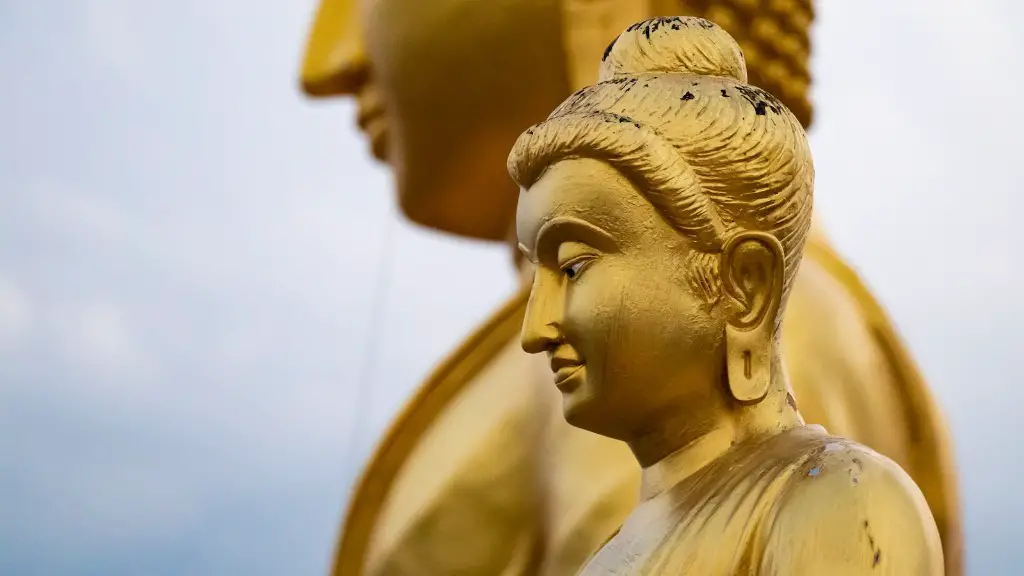History of Hinduism
Hinduism is considered to be the oldest extant religion, defining its roots back to before the 6th century BCE. Though Hinduism is often categorized as a polytheistic religion, owing to its many gods and goddesses, it is actually quite different and is not classified as theism, which is the belief in a single God. Very differently from the other world’s major religions, Hinduism doesn’t have a single unifying founder or religious doctrine, so no one is entirely sure when it started and in which countries it began. Though its origins are unknown, Hinduism has been around for at least 4,000 years, with evidence of its principles and beliefs unearthed in the ancient scriptures called the Vedas.
Essence of Hinduism
Hinduism is a highly personalized and comprehensive religious practice that is passed down from generation to generation, adapting it to the changing times and conditions. Hinduism, which is better known as Sanatana Dharma or “eternal law”, is a combination of a variety of beliefs and customs. It is based on the Vedic texts which are the oldest scriptures in India and one of the most important ancient texts in the world.
Main Beliefs of Hinduism
The main beliefs of Hindus revolve around Brahman, the Supreme Being. Brahman is believed to be the source and sustainer of all life, as well as the ultimate truth, power, intelligence and beauty. All Hindus believe in Karma, which is the law of cause and effect, as well as reincarnation, the belief that all living beings were once gods and goddesses, who pass through an endless cycle of death and rebirth. Hindus also accept the four Vedas as authoritative scriptures, which include the laws of Dharma, or virtue, the laws of Nature, the laws of cosmic justice, and the laws of meditation.
Another important aspect of Hinduism is ahimsa, or non-violence, which is central to the religious philosophy. Hindus believe that all life is sacred and should be treated with reverence and respect. This commitment to non-violence applies to all forms of life, including animals, plants and even inanimate objects.
Hindus also believe in the power of puja and mantra, or sacred offering and chants, which can be used to invoke the power of the gods. Hindus also place great importance on pilgrimages and the sacred sites, and many Hindu families will travel extensively to these places in order to seek the blessings of the gods.
Understanding Brahman
Hinduism places an enormous emphasis on the concept of Brahman, the Supreme Being or Ultimate Reality. All Hindus see Brahman as being the source of all life and the one who sustains the universe. Hindus also believe that all of the gods and goddesses are just different aspects of Brahmin and that everything in the universe is a part of Brahman. In fact, the goal of many Hindus is to experience the oneness of all things and become one with Brahman.
The Role of Dharma
Hinduism also includes an emphasis on the laws of Dharma, or virtue. These laws, which are found in the Vedas, define various moral and ethical codes of conduct that Hindus must adhere to in order to achieve a life of balance, harmony and peace. The purpose of following Dharma is to help people to achieve their ultimate spiritual goals, as well as make progress in their present life. The laws of Dharma are considered to be so important that they take precedence over all other laws.
The Meaning of Moksha
The ultimate goal of Hinduism is to achieve Moksha, or freedom from the cycle of death and rebirth. This freedom can only be attained when all of the karma from one’s past lives has been purified and released. Hindus see this process as an ongoing journey, and the goal is to make progress and eventually reach an enlightened state of being.
Vedic Worship and Rituals
Hinduism is known for its elaborate worship rituals and ceremonies. Each Hindu family will typically have their own particular style of worshipping their gods and goddesses. These rituals will often include offerings of incense, flowers, food, and other items, as well as the chanting of mantras and the making of prostrations before various deities.
Yoga and Meditation
Hindus also place a great emphasis on the practice of yoga and meditation, which many practitioners feel help to bring them closer to the divine. Hindu yoga is different from the yoga practiced in the West, and it is more than just a physical exercise. In many Hindu practices, the purpose of yoga and meditation is to help the practitioner quiet their mind and connect with the universal consciousness.
The Significance of Gods and Goddesses
The gods and goddesses in Hinduism are seen as being representations of the different aspects of Brahman, the Supreme Being. These gods and goddesses are seen as universal representations of the divine and are worshipped in different ways and venerated as part of numerous rituals. Just as humans have different emotions, needs and desires, so do the gods and goddesses of Hinduism, and depending on the situation, different gods and goddesses will be invoked for assistance.
Caste System
Hinduism also includes the practice of the caste system, which is a social hierarchy that determines one’s place in society. The caste system is believed to have been established by Manu, the legendry lawgiver of ancient India, and though it has been heavily criticized in modern times, it is still very much a part of Hindu culture.
The Purpose of Dharma and Samsara
Hinduism sees the ultimate purpose of Dharma and Samsara, or the cycle of death and rebirth, as being to allow the individual to work through any karmic consequences from their past and move closer to achieving Moksha or freedom from the cycle of death and rebirth. With each life, the individual is faced with new chances to learn and grow, so that they can finally reach their ultimate spiritual goal.
The Significance of Aum
Aum, or Om, is the most important symbol in Hinduism and is seen as being representative of the divine, the source of all creation. Hindus will often use the sacred syllable Aum to bring themselves closer to the divine and to help them focus their minds and gain greater power for their own wellbeing.
The Role of Scriptures
The Vedas are the authoritative scriptures in Hinduism and are seen as being the source of spiritual knowledge and wisdom. Hindus believe that through the teachings in the Vedas, the individual can reach a higher level of understanding, wisdom and spiritual growth.
The Search for the Divine
Hindus place great emphasis on the search for the divine, which is the ultimate goal in Hinduism. Hindus believe that through their practice of yoga, meditation, and other spiritual practices, they can receive guidance and knowledge and ultimately reach a state of enlightenment.
Conclusion
Hinduism is a vast and diverse religion and is seen as being the oldest extant religion in the world. At its core, Hinduism places emphasis on attaining a higher level of understanding and spiritual growth, as well as seeking out the divine. The main beliefs of Hinduism include the concept of Karma, the four Vedas, ahimsa, the power of puja and mantra, the caste system and the pursuit of Moksha. By understanding and embracing these beliefs, Hindus hope to reach their ultimate spiritual goal.

